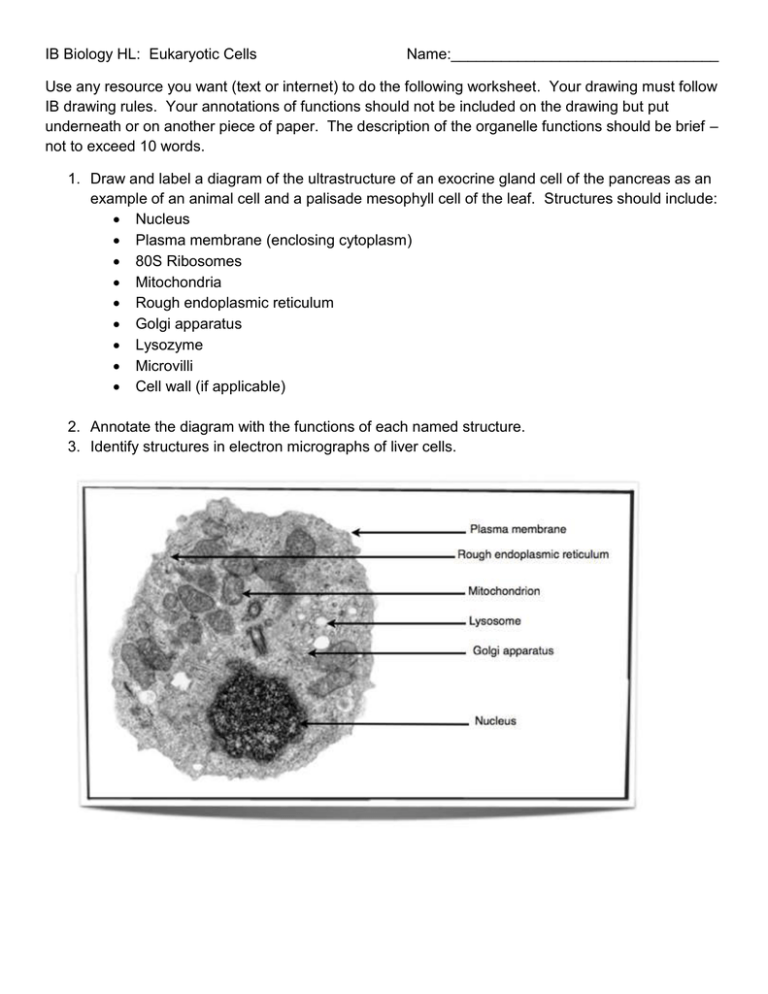Eukaryotic cells undergo a series of events known as the cell cycle, which is crucial for growth, development, and reproduction. This process involves multiple phases such as interphase, mitosis, and cytokinesis. Each phase is tightly regulated to ensure proper cell division and function.
However, disruptions in the cell cycle can lead to abnormal cell growth and division, resulting in conditions like cancer. Cancer is characterized by uncontrolled cell proliferation, which can be caused by mutations in genes that regulate the cell cycle. Understanding the mechanisms behind the eukaryotic cell cycle and cancer is essential for developing effective treatments.
1. Interphase: The cell prepares for division by growing and replicating its DNA during this phase. It consists of three subphases: G1 (gap 1), S (synthesis), and G2 (gap 2).
2. Mitosis: The cell divides its replicated DNA into two identical daughter cells during this phase. It is divided into four stages: prophase, metaphase, anaphase, and telophase.
3. Cytokinesis: The cytoplasm of the cell is divided, resulting in the formation of two separate daughter cells. This completes the cell cycle and allows for the continuation of growth and development.
It is important to note that cancer cells often exhibit abnormalities in the cell cycle, such as uncontrolled growth and division. These cells may bypass normal regulatory mechanisms and continue to proliferate unchecked. Targeting the cell cycle in cancer cells has become a key strategy for developing anti-cancer therapies.
Overall, the eukaryotic cell cycle plays a critical role in maintaining cellular homeostasis and proper function. Understanding how this process is dysregulated in cancer can provide valuable insights into the development of new treatments and therapies. By studying the eukaryotic cell cycle and cancer worksheet answers, researchers can uncover potential targets for intervention and improve outcomes for patients with cancer.
In conclusion, the eukaryotic cell cycle and cancer are intricately linked processes that have significant implications for human health and disease. By unraveling the complexities of these systems, we can better understand the underlying mechanisms of cancer and work towards more effective treatments in the future.
